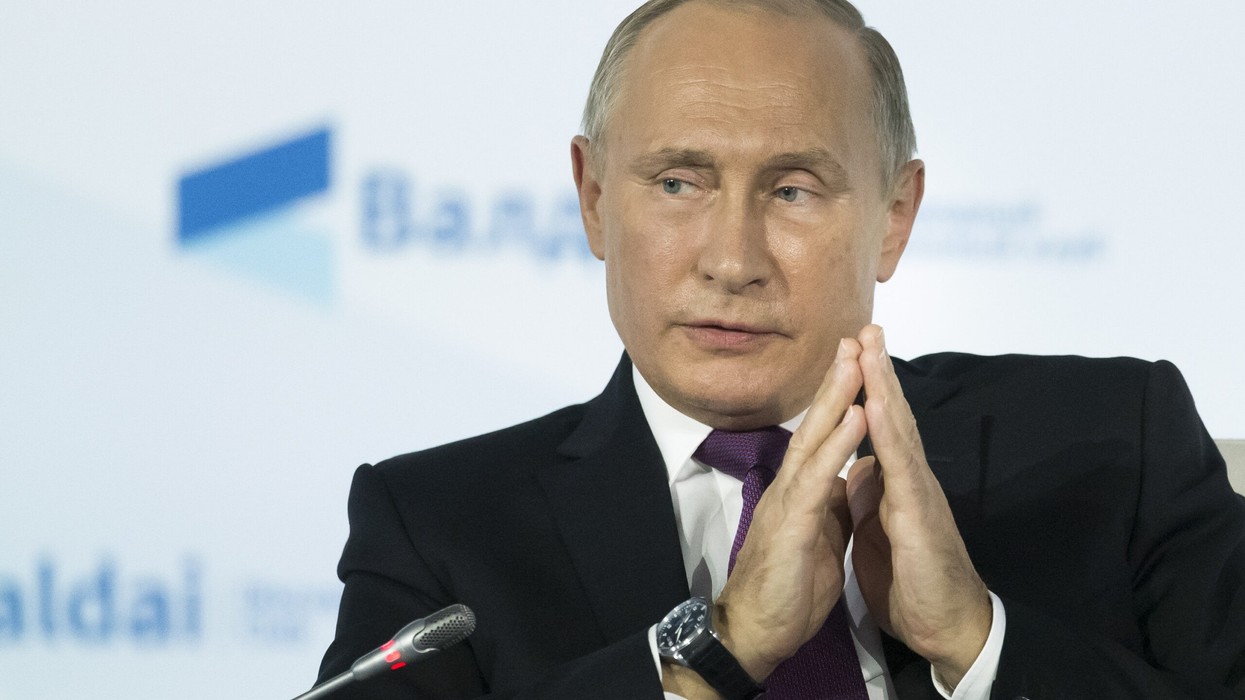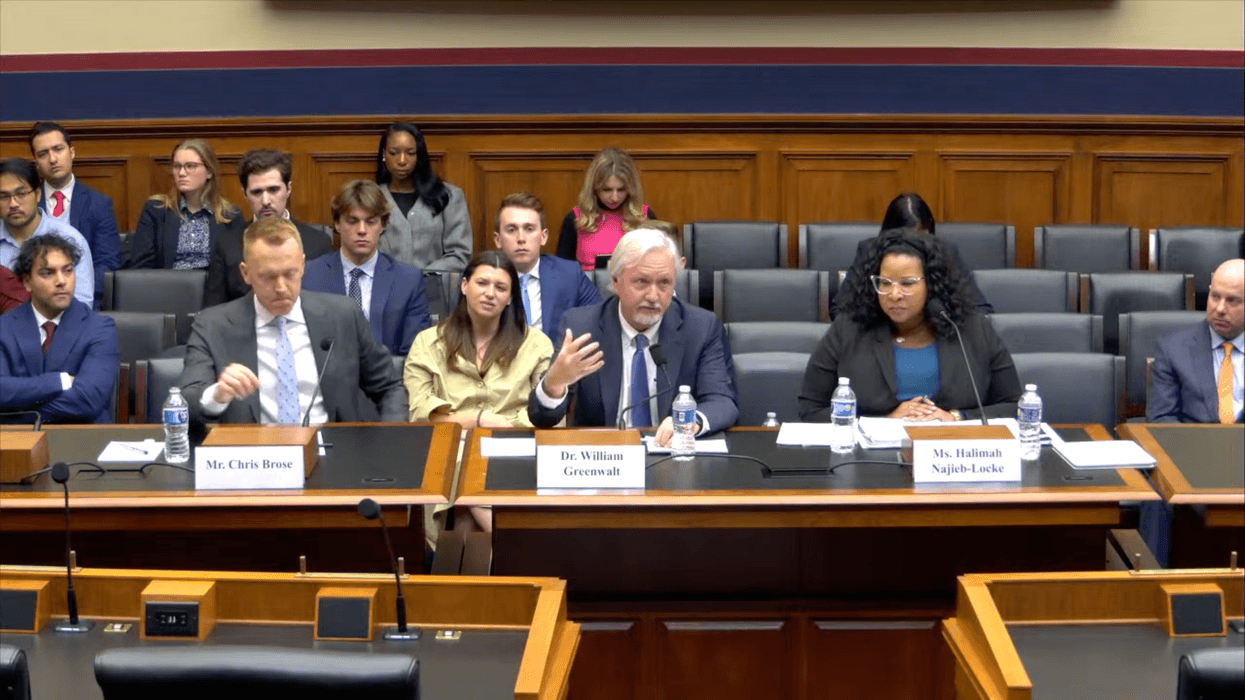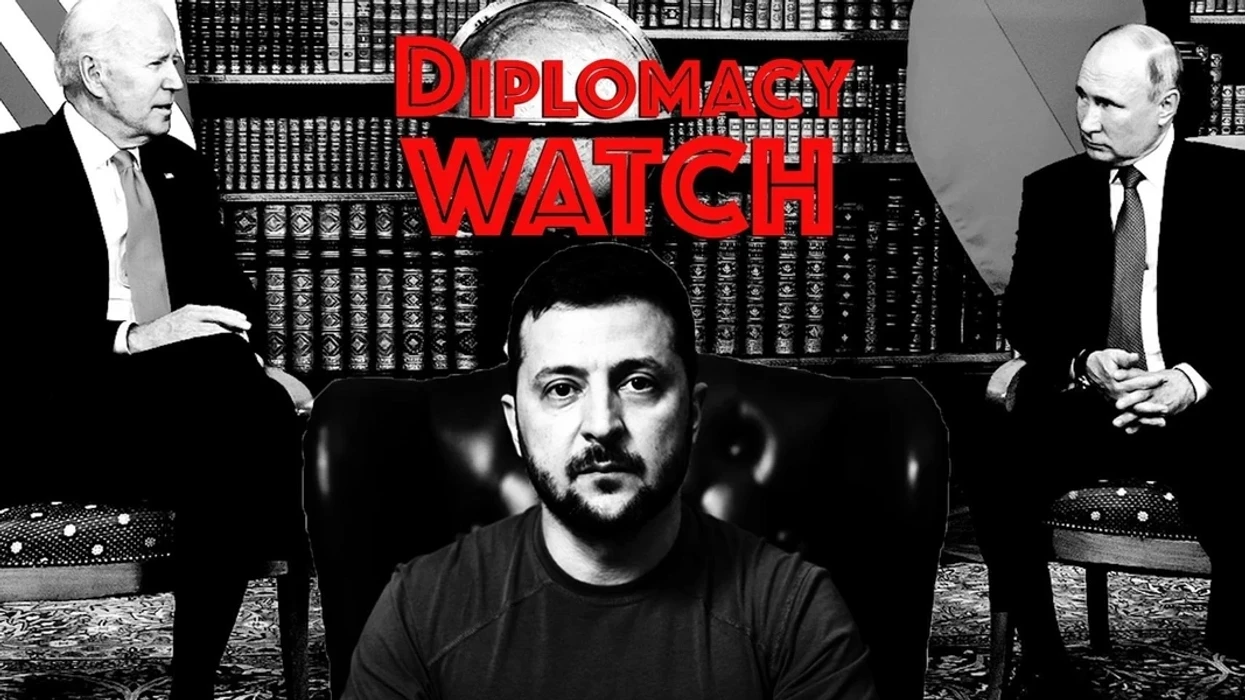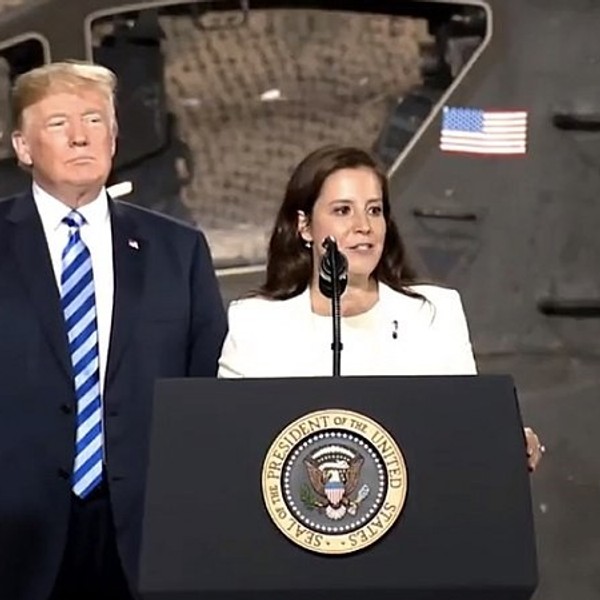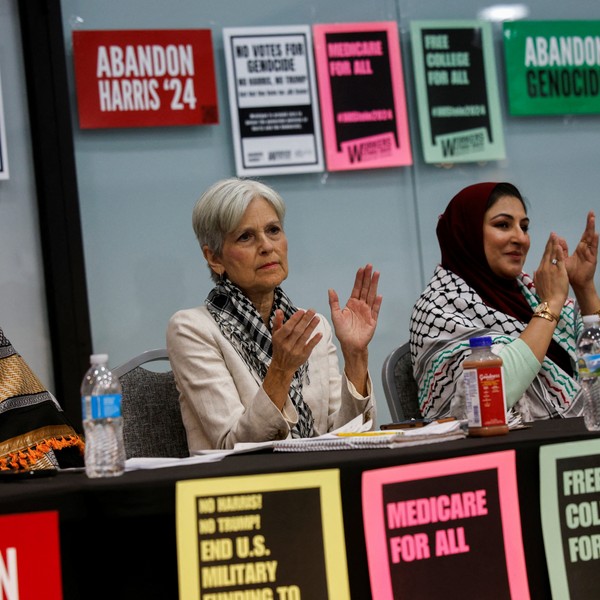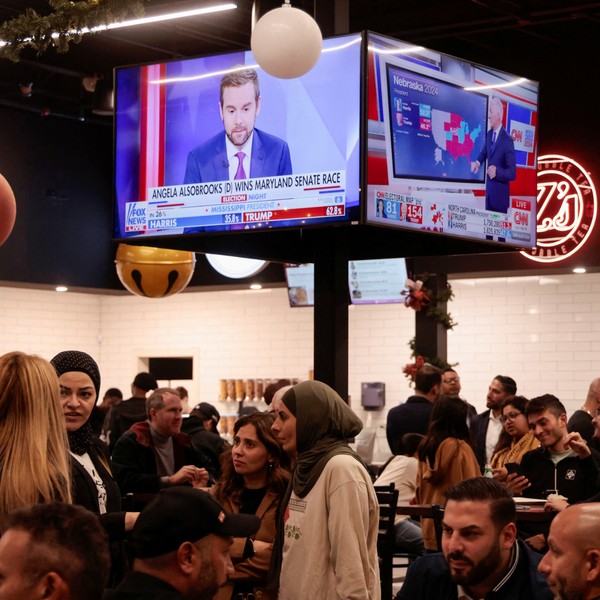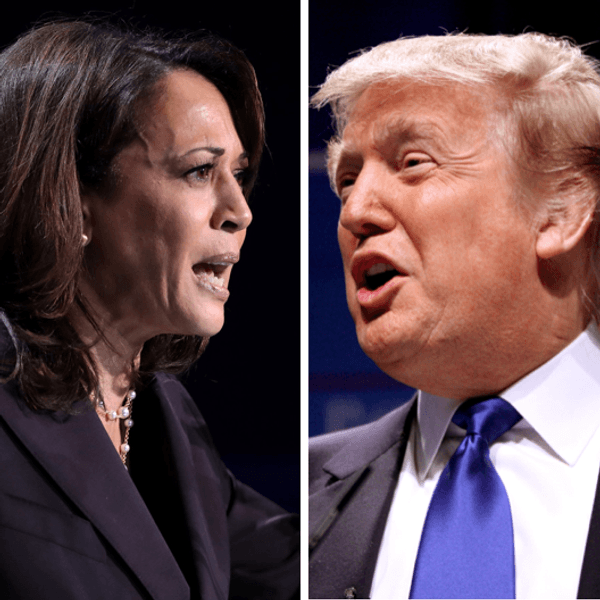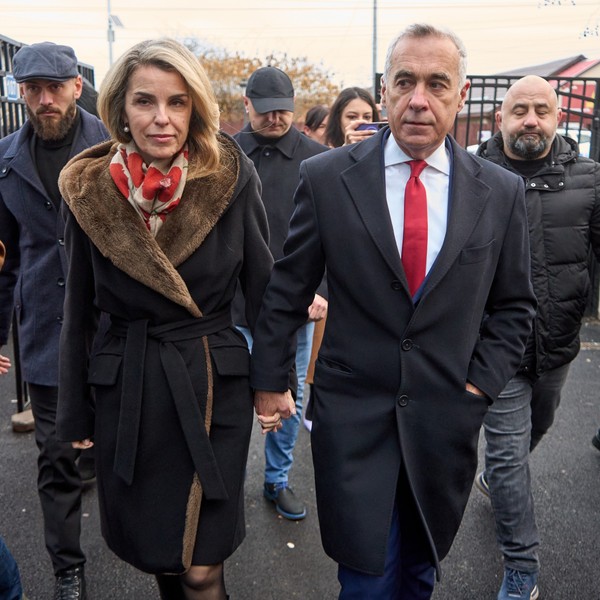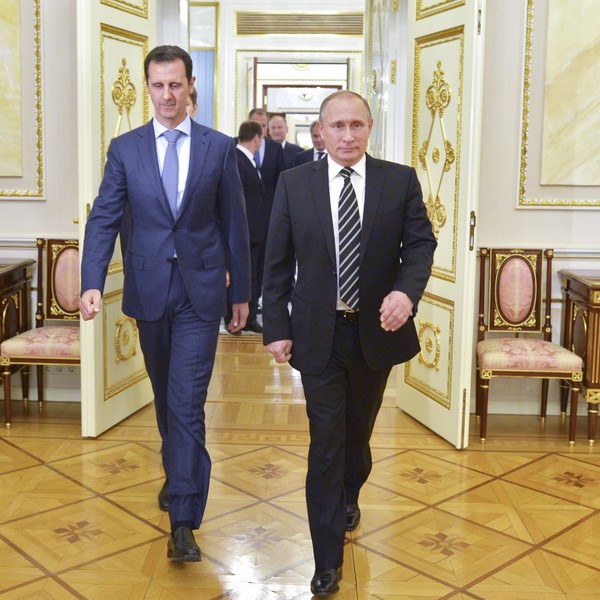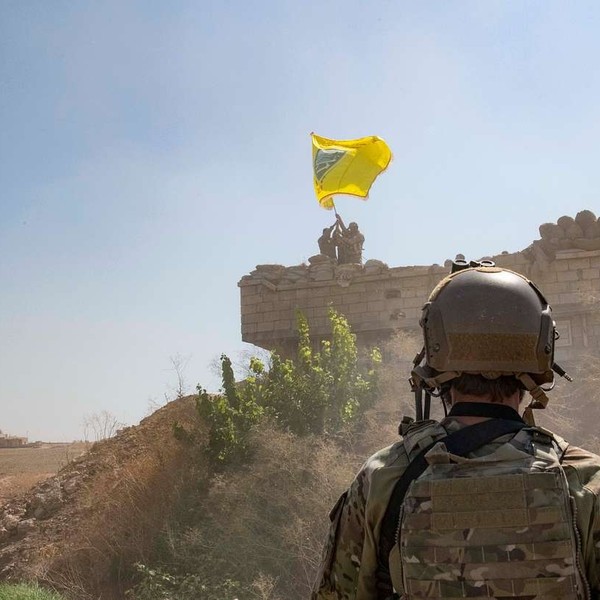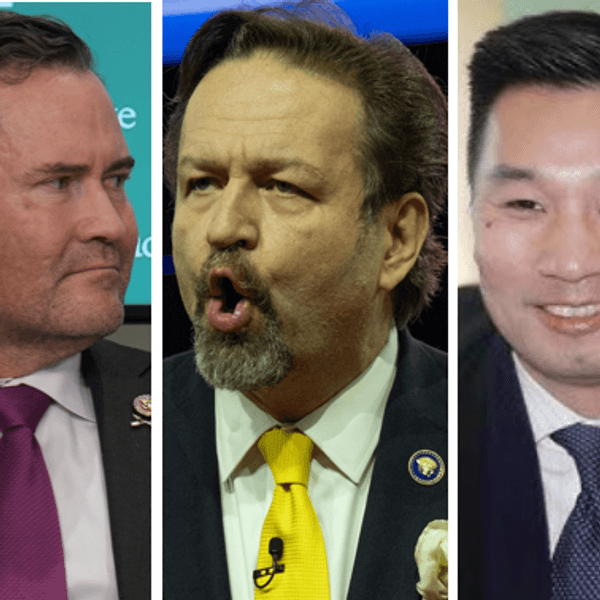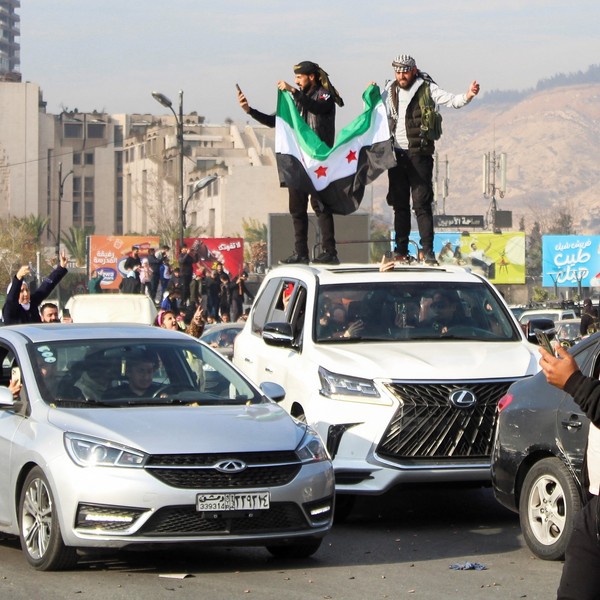Few can predict the outcome of this Sunday’s critical presidential elections in Turkey. Polls suggest considerable voter dissatisfaction within the country after over two decades of domination by the AK party of President Recep Tayyip Erdoğan — a figure who has dominated the Turkish political order for so long that, for some, change seems almost inconceivable and unsettling.
More significantly there is much electoral logrolling and manipulation of politics at the local level that could play to Erdoğan’s advantage. The election will be free, but not likely fair.
Indeed, if Erdoğan had left office after his first decade in power he would undoubtedly be heralded as the most successful prime minister in Turkish history. However, his move into a second decade of power brought out greater authoritarian tendencies that have retroactively tarnished his reputation. And he has, at the same time, changed Turkey’s place in the world immutably.
If Erdoğan loses, it will bring relief to many people within the country, particularly to those hundreds who have been jailed for expressing anti-regime views in the context of a highly controlled press. Certainly, any successor government will move to liberalize the political order, release large numbers of political prisoners, and ensure greater press freedom. But the economic problems that Turkey faces will remain very challenging, to say the least.
The West, however, will be more focused on potential changes in Turkey's foreign policies. Erdoğan — in conjunction with his gifted and imaginative former foreign minister, Ahmet Davutoğlu — vastly expanded the geopolitical vision of Turkey's place in the world, transforming it into a serious regional power.
During the Cold War, Washington had considered Turkey a "loyal NATO ally." But, with the fall of the Soviet Union, Ankara began to reimagine its role in a new world whereby it now conceived itself not only as a European power, but also as a Mediterranean, North African, Middle Eastern, Islamic, Caucasian, and Central Asian power. Indeed, Turkey's foreign policy reach now extends down into East Africa and to Ukraine as well--perhaps a reflection of the ambitious reach of the Turkish Ottoman Empire which was once one of the world’s largest and longest-lasting empires.
Today, Turkey's own attention has been particularly drawn towards the East — Eurasia. (Turks are well aware that their primeval homeland was around Lake Baikal in Siberia.) Despite centuries of wars with the Russian Empire as a geopolitical rival, today, despite its NATO membership, Turkey enjoys close working relations with Russia on numerous Middle East and Central Asian issues. (Except for Tajikistan, the Central Asian states of the former Soviet Union also happen to be all Turkic-speaking.)
Indeed, Turkey's interests extend even to the Turkic Uighur population in China's western Xinjiang province —although Ankara has kept criticisms of Beijing's culturally repressive policies there at a low key. And Turkey perceives the Chinese Belt and Road Initiative — extending economic trade routes, building roads, railroads, and infrastructure all across Central Asia — as important for Turkey’s own future.
It would therefore be something of a fantasy for Washington to believe that if Erdoğan leaves power a new Turkish government would change all that and "return to the West.” Indeed, there are many in Washington and NATO who believe that Turkey's increasingly important ties with Russia and China actually constitute grounds for its expulsion from NATO — as a “rogue state" in Washington’s parlance.
But the blunt reality is that NATO needs Turkey more than Turkey needs NATO. Turkey, after all, has serious regional clout and controls access to the Black Sea through the Straits of the Dardanelles, which constitute Russia's sole access to the Mediterranean and southern seas. Indeed, Turkey’s geographical location is almost omni-azimuth.
If the opposition coalition wins this weekend's elections, we can anticipate a new government to move to slightly mollify NATO’s discomfort with Turkey’s foreign policy, such as by rapidly ratifying Sweden's membership in NATO that has been blocked by Erdoğan. A new government will similarly seek to improve ties with the EU in general after years of considerable friction. (That does not, of course, mean that Turkey will achieve EU membership any time soon.)
But, over the past two decades, Erdoğan has irrevocably expanded Turkey’s foreign policy vision, and there is no going back to the old NATO Turkey. From now on, Ankara will resist any pressure to subordinate its geopolitical range and freedom of action to Western interests. And although Ankara will work far more closely with both Russia and China in the region, it will not yield its independence in the new Eurasia to either of those two powerful states either. And despite centuries of somewhat prickly relations with Iran, Turkey has developed a modus vivendi with Tehran which is likely to persist and possibly prosper under new Eurasian conditions.
All of this unfolds against the backdrop of the marked decline of Washington's ability to call the geopolitical shots around the world. That will hold true in spades for Washington's ties with Turkey. So, while there may be some brief "honeymoon” between any new Turkish government and the West, the new geopolitical realities of an expanded Turkish vision and its Eurasian focus now represent the hard new facts of world politics.
That is even more true as Turkey bids to join the BRICS (Brazil, Russia, India, China, South Africa) economic association (along with Iran and Saudi Arabia) — an emerging power bloc that encompasses a large proportion of the global economy and population that is shifting geopolitical power to a potent new “Global South."
Should Erdoğan lose this election, lots of Turks and most Western governments will be delighted. But most Turks also harbor deep suspicions of Western political intentions towards Turkey. So to expect that a leadership change will fundamentally change Turkey's long-term geopolitical orientation would be a mistake — and represent a failure to grasp the rapid shift of the balance of power of Eurasia in the world today.

